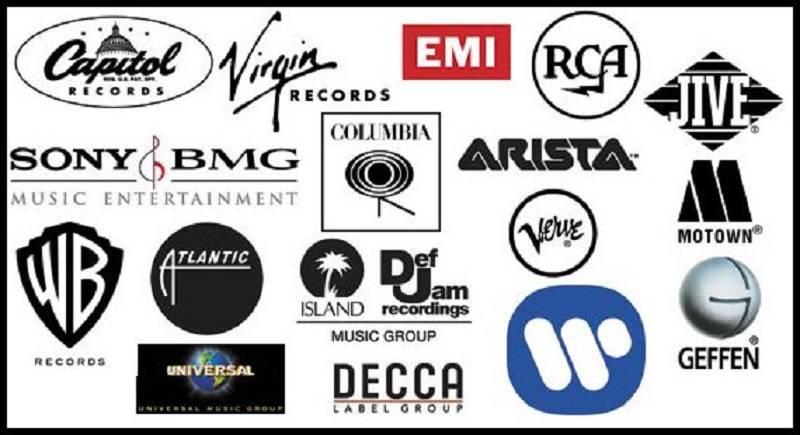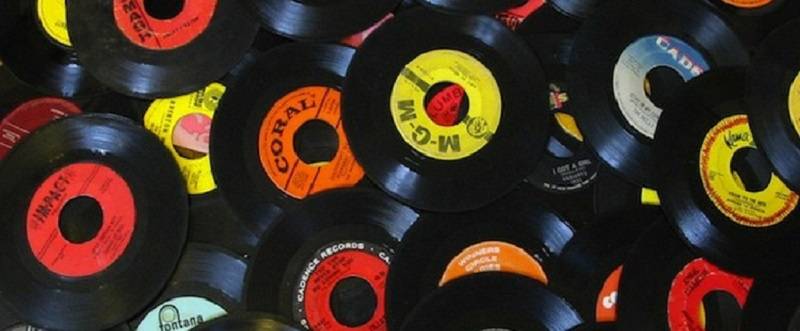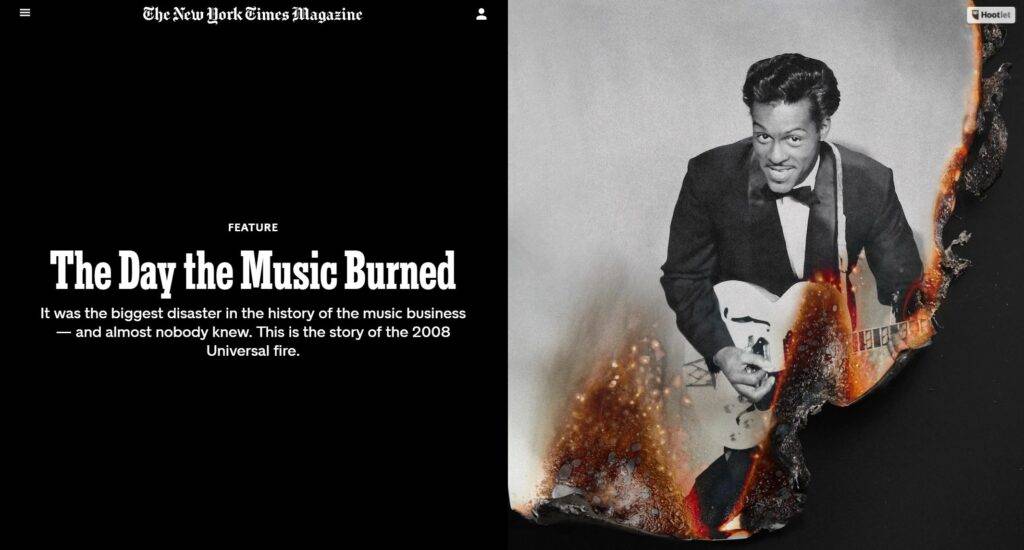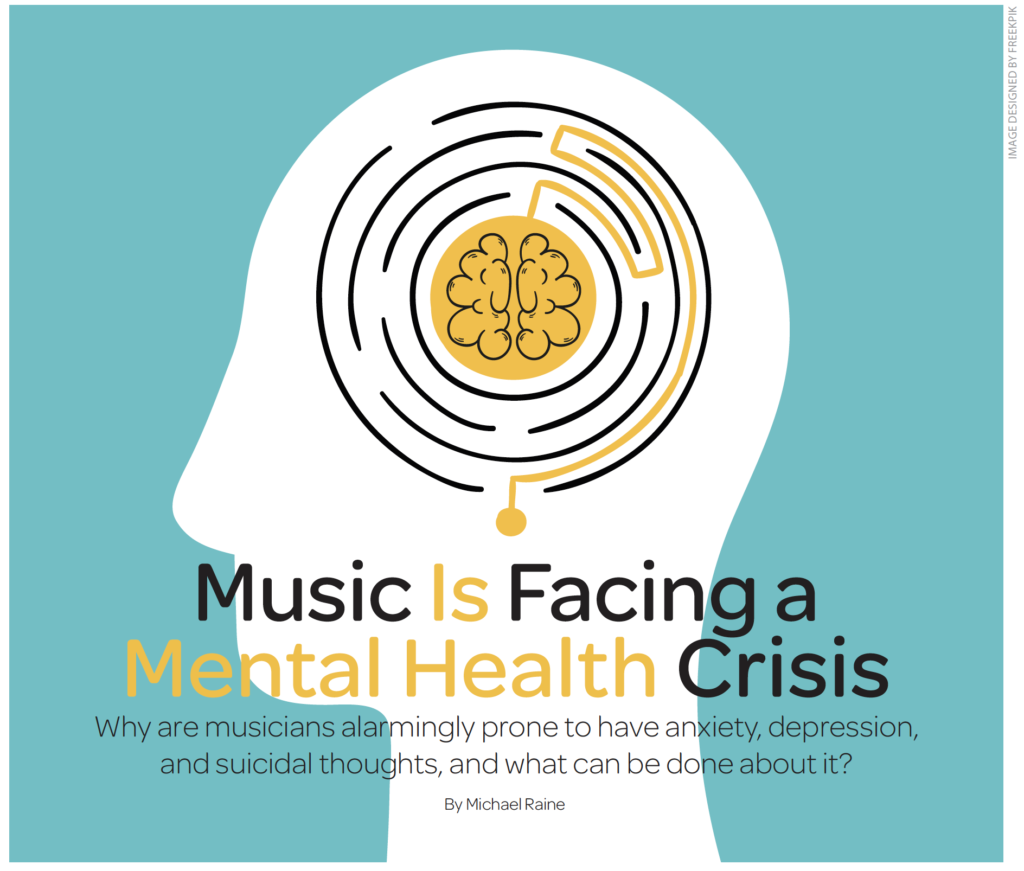
Record Labels Looking for Artists
It’s just a question of knowing which ones want what kind of music and when. This can seem like a closely guarded secret.
It doesn’t have to be one.
Does this sound familiar? You’ve sent your demo to a random email label email address. You’ve pleaded with your college pal who works at a label to pass on your SoundCloud link to the Director of A&R. And after weeks of no reply, you’ve probably been left feeling like you’re playing your future hit single to a brick wall.
It’s crazy how mysterious the whole process of getting signed to a label can sometimes feel. How do you know when record labels are actively seeking artists? How can you get them to give your tunes a spin? Who’s the best person to contact? In this blog post, we’re going to demystify the whole process of landing a label deal and share our list of 15 record labels that are currently looking for artists (at the time of writing).
Here are the 8 steps you’ll need to take if you want to submit your music to a record label’s A&R team and put yourself in the running for getting that elusive label deal.
1. Build Your Own Buzz
The number one way to get a record deal might seem obvious, but it’s the only real way to garner label attention. The secret to catching a record exec’s ear is (drum roll please)…making music so good it’s impossible to ignore. You probably already know this, but are you sure that you’re really there yet?
The truth is a lot of bands reach out to record labels before they’re truly ready to move to the next level. A label wants to see you’re the whole package and you’re about to take the world by storm. Then they’ll invest in you.
So how can a band kick their presence and artistry up a notch? Well, for starters, make sure you’ve got a fresh, distinctive artistic vision. No label wants to sign a cheap version of another band; they want someone striking, someone, who makes you sit up and take notice.

Once you’re sure your band isn’t just writing retreads of another group’s songs, you can further hone your performance and creative skills by performing live as much as possible. Since touring is a massive part of the music industry income these days, labels want to see a captivating frontperson who knows how to put on a show. It’s not called show business for nothing, right?
2. Grow Your Fanbase
The size and passion of your fanbase ensure you’ll constantly be gaining new fans, as your old, ardent audience shares your songs with their friends, and they share it with their friends, and so on.
More fans equal more people willing to buy your LPs, your mixtapes, and your t-shirts. Record labels need people to buy merch and pay for music. Are those people your fans?
Perhaps one of those fans who turned on another fan will turn on a label rep to your band. Word of mouth is key. As you grow your fanbase, you also boost your chances of getting exposure among music industry professionals who can bolster your career.

This could come in the form of other bands who might want to tour with you or put in a good word with their Manager. Or it could mean young A&R Coordinators looking for exciting, undiscovered artists to pitch to their department.
This is where networking comes in; get out and meet other bands, fans, and music industry professionals in your local scene.
Let us know which career you are most interested in. Start here
3. Network In Real Life and Online
Of course, social media numbers and interaction also play a part in this. Make sure you’re on all the sites that make sense for your project; it’s probably some combination of Twitter, Facebook, Instagram, TikTok, Tumblr, and YouTube. You can gain more fans this way and effectively communicate with your longtime supporters about upcoming shows and new releases.

A strong social following looks good to labels, too, and you might even find label employees among your online fans. Once these people start sharing your music far and wide, you won’t have to look for labels. They’ll already be looking for you.
You don’t have to go viral, although it can certainly help. You just have to keep building your online community over time until it’s so big and so active it’s impossible for discerning label heads to ignore.
4. Study Up on the Labels Who Might Sign You
Let’s say Fool’s Gold or Epitaph aren’t leaving you longing voicemails and responding to your emails within seconds just yet. But you’re certain you’ve got the goods and you are ready to send your demo out.

It’s time to make a game plan. The first step is knowing what you’re selling and who’s most likely to buy.
Create a list of record labels that put out music by artists who have a similar vibe to your band. Next, it’s time to dive down some online music research wormholes. Find acts associated with those record labels, who are on different labels. Or see which labels were releasing your favorite acts’ albums before they signed to their current label home.
Scout around AllMusic.com or read through your favorite music blogs and discover some new artists who are also in your genre. Find out who they’ve worked within the past or are currently working with. Add those record labels to your list.
5. Make Sure the Label Is Currently Looking for Artists

Record label submission policies change all the time. A label that once had an open inbox may no longer have the bandwidth to listen to everything that comes through. Another label that has never opened their submissions up before may have had a change of heart.
There are a lot of old articles floating around on the internet that will tell you a label has a submissions page when it no longer does. Make sure that the label info you have is correct before investing lots of time in getting your demo submission package together and crafting your witty, succinct emails.
Of course, if you’ve seen a label is accepting demos on an older webpage and then go to the label’s site and see it’s no longer the case, you’re not totally out of luck. Keep reading and we’ll give you some tips on how to get your record in the right person’s hands.
That said, at the time of writing, the following record labels are looking for artists:
- Atlantic via Emerge (pop, R&B)
- Babygrande (hip-hop, indie, EDM)
- Captured Tracks (indie, post-punk)
- Century Media (hardcore, metal, hard rock)
- Dim Mak (electronic, punk, indie, hip-hop)
- Domino (indie)
- Epitaph (punk, emo)
- Glassnote (indie, hip-hop)
- Mute Records (indie, post-punk, electronic)
- Nuclear Blast (metal)
- Red Bull (alternative, hip-hop)
- Revolver (all genres)
- Stones Throw (hip-hop, soul, electronic)
- Sub Pop (indie)
- Universal Music Group via Spinnup (all genres)
Make sure you check out the submission guidelines on the pages we’ve linked to above. Some of these labels do have specific requirements. For example, Emerge has stated age requirements on their website.
6. Find the Appropriate Label Contacts

Now it’s time to determine exactly who you’ll be contacting. You can create your own list if you’ve got lots of time and have serious Google skills.
Some labels are super open and upfront about their demo submissions guidelines.
Others are not. Many record labels will feature staff info on their website, including email addresses. Look for the A&R people.
For the sites that are more secretive about this sort of thing, you can often google “A&R and [name of label]” and find an email address or a blog story featuring this person and telling you their name.
Once you’ve got a name, if you can figure out how the company formats its emails, you’ve got a decent shot of guessing someone’s email address. For example, if you see an internship opening listed on the label website with instructions to send resumes to Imaginary Label H&R Person Helen Parker, whose email is listed as helen@imaginarylabel.com, you have a good chance of reaching A&R Head Carl Carlson if you email carl@imaginarylabel.com.
You can also use LinkedIn to search for label employees.
If all that sounds like too much work, you can purchase the A&R Registry from TheMusicRegistry.com. It’s a massive book of A&R and important label execs at pretty much every US and UK label you can think of, plus their contact info.
If you’ve got some extra cash, you could also hire an indie A&R service like Taxi. For a fee, companies like Taxi will get your music in the hands/ears of record label execs and film/TV projects looking for music, which in turn could lead to greater attention for your songs.
Although you won’t have the same clout as an indie A&R service, you can also search for submission opportunities on sites like ReverbNation and MusicGorilla and do it yourself.
Another smart tactic is netting your band a performance slot at a music industry conference. These meetings go on year-round — it’s not just the big ones like Winter Music Conference, SXSW, or CMJ. Indieonthemove.com has a comprehensive list of conferences for which you might be a good fit, both geographically and genre-wise.
I’ve gone to these conferences myself and seen unsigned acts that were absolutely mesmerizing. Often, no one had really heard of them outside of their hometown. I became a fan and followed some of these acts and told my friends. Apparently, I wasn’t the only one who had this reaction, because a couple years later, at least one of these bands was on a mid-sized indie label, playing to packed rooms at SXSW and touring the US.
That’s why playing at conferences is worth your time.
7. Know How to Submit Correctly
“If you write a poorly-crafted cover letter or submit your music in the wrong format, you reduce your odds of getting your music heard and increase the odds of getting it sent to some label employee’s desktop trash bin.”Fortunately, some record labels will tell you how they prefer to receive demos, but if you can’t find this info, send a SoundCloud or a Bandcamp link.
Streaming links are preferred, as it takes time to download tracks (which can also seem suspicious if people are worried about viruses) or find a CD player.
Make sure you’re submitting to the appropriate person at an appropriate label. Don’t send your submission to the info@imaginaryrecordlabel.com address, unless that’s the label’s preferred email address for demos. Otherwise, it’s going to get deleted.
Don’t send EDM to a hip-hop label or vice versa. You can learn about more mistakes to avoid when contacting a record label by reading this classic blog story.
8. Have a Website and EPK Ready to Go
If your tracks pique label interest, you want label people to be able to easily learn more about your band, so there’s certain info each submission must include. It’s easy to overlook some of these seemingly basic things when you’re sending a whole slew of demo submissions, so create a checklist and make sure you’ve included everything before you hit send.
Be sure you’re including a streaming link to your music, any social media pages (list the ones with the biggest following first), your professional website (if you have one), an EPK, any connections you might have to the label or their bands, and, if possible, an intriguing quote about your band (i.e. “My new favorite DJ!” — Tiesto or “A brilliant indie rapper with an electrifying live show” — Complex)
Don’t forget to list your contact info, of course. (This does happen. Don’t let it happen to you.) Put your best foot forward.
Doing label research before sending out your demo? Check out our articles on How to Find Out If a Record Label Is Accepting Music, How to Get Noticed by Record Labels, and The Four Things You Need Before Starting a Record Label (for you DIYers out there).






Responses